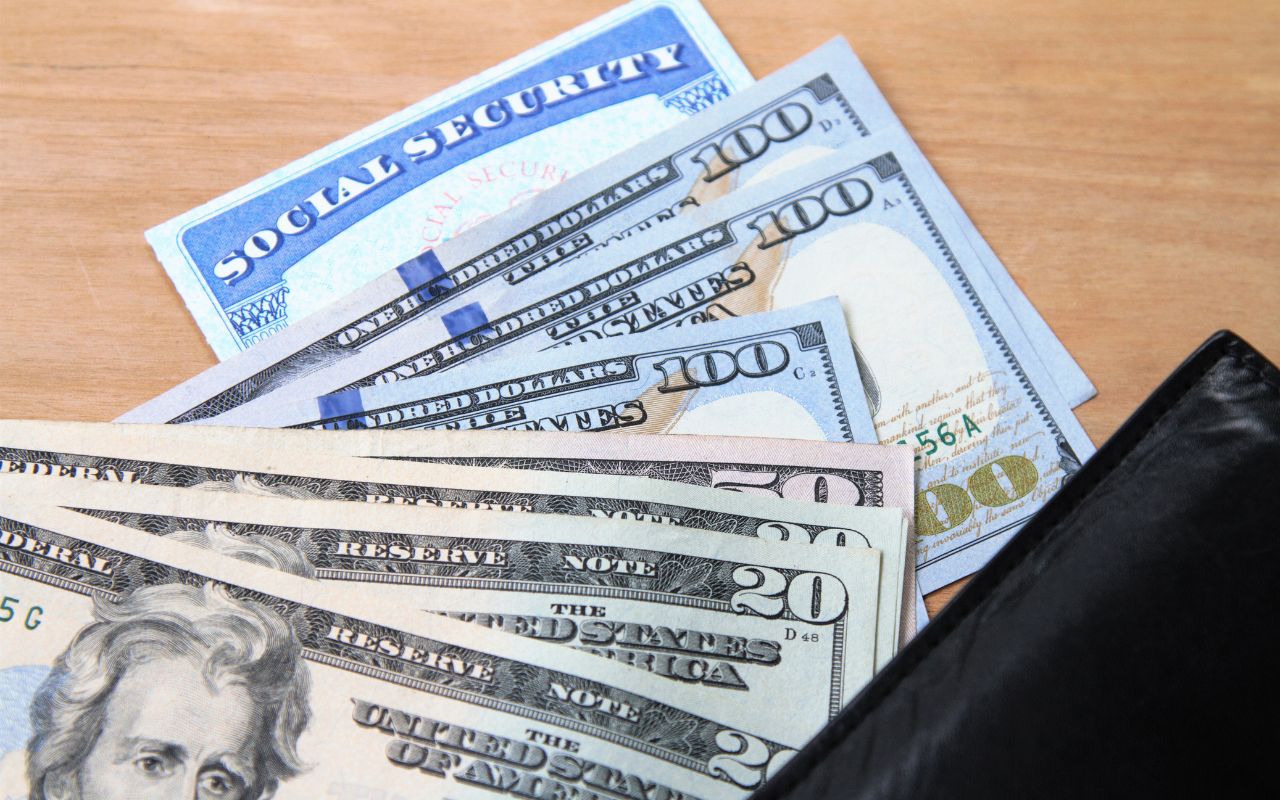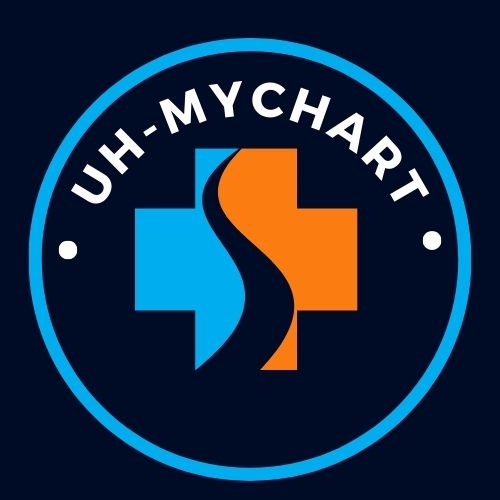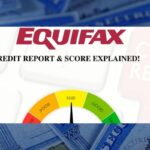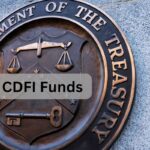The difficulties that people with low incomes and elderly citizens confront in terms of their finances, especially those who are reliant on Social Security, Supplemental Security Income (SSI), Social Security Disability Insurance (SSDI), and other government assistance programs, have been a significant problem for many years.
A great number of people are searching for relief as a result of inflation, growing healthcare expenditures, and their restricted revenue sources. There have been speculations and talks that have appeared in recent months about the prospect of a new government project, which would consist of $2,000 Monthly Checks that would be directed toward older residents and persons with modest incomes.
This prospective payout of $2,000 Monthly Checks has garnered a lot of attention, even though there are systems in place to help these groups, such as the Social Security Administration (SSA), Supplemental Security Income (SSI), and Social Security Disability Insurance (SSDI) benefits.
It brings up important issues, including: Is it accurate? Who is qualified to apply? How are individuals able to get access to it? In the following paragraphs, we will discuss all you need to know about the planned financial assistance, including qualifying requirements, the possibility of future modifications, and key fact checks.
$2,000 Monthly Checks For Social Security Beneficiaries
It is crucial to have a solid understanding of the many important government programs that are currently in existence before delving into the intricacies of the proposed $2,000 Monthly Checks in amount.
| Program | $2,000 Monthly Checks For Social Security Beneficiaries |
| Country | United States |
| Amount | $2,000 |
| Post Category | Finance |
Social Security Administration (SSA)
Senior citizens and those with disabilities are eligible to receive financial assistance via the Social Security program, which is a government social assistance program. Because it is supported by payroll taxes, the majority of retirees in the United States depend on Social Security as their principal source of income throughout their retirement years.

Payments from the Social Security Administration are determined by an individual’s earnings history as well as the age at which they begin collecting benefits.
However, even though Social Security payments are a significant source of income, many elderly people discover that they are not sufficient to meet all of their living needs. This has increased the number of requests for further financial assistance.
Supplemental Security Income (SSI)
The Supplemental Security Income (SSI) program is a needs-based program that provides financial support to those who are blind, handicapped, or elderly who have limited resources and income.
When compared to Social Security, Supplemental Security Income (SSI) is not determined by an individual’s duration of employment. Instead, eligibility is established by a person’s income level, and payments are made to assist with the coverage of fundamental living expenses such as housing, food, and medical care.
As of the year 2024, the maximum amount of SSI payments payable to persons by the federal government is around $914 per month. This amount is much lower than what is required to support the monthly expenditures of living for many participants.
Social Security Disability Insurance (SSDI)
Individuals who are unable to work due to a disability are eligible for Social Security Disability Insurance (SSDI), which is another important program. To be eligible for Social Security Disability Insurance (SSDI), applicants must have a work history that meets the standards and be able to demonstrate that they have a medical condition.
On the other hand, Social Security Disability Insurance (SSDI) payments might be quite low, which forces beneficiaries to look for extra financial support to satisfy their basic needs.
The $2,000 Monthly Check Proposal: What’s the Buzz?
A scheme that would offer low-income persons and older citizens monthly checks of $2,000 has been discussed in several different circles as a reaction to the economic issues that are becoming more frequent.
In the context of inflation and growing expenses of living, this plan seeks to alleviate the financial challenges that underprivileged people are experiencing as a result of these situations. To be more specific, what precisely is this proposition, and how probable is it that it will be implemented?
Eligibility Required
As the plan is now being considered, the $2,000 Monthly Checks would be sent toward certain organizations that are in the greatest need of financial support. According to the preliminary reports, the primary targets of these inspections would be the following:
- Families with incomes that fall below a predetermined level, which may be connected to federal poverty rules, are considered to be low-income individuals.
- Those who are currently receiving assistance from Social Security, Supplemental Security Income, or Social Security Disability Insurance may be eligible for the extra monthly payments.
- Seniors: One of the primary goals of the idea is to provide financial assistance to elderly people, who often have fixed incomes and struggle to keep up with rising expenses of living.
Even though this proposition has received a lot of attention, it is essential to keep in mind that no official law has been approved as of yet. It is thus important for people to exercise caution when relying on these checks until more specific updates are available.
Payment Timeline and Duration
The projected timetable and the length of time that these payments would be made are other crucial considerations to take into account. Initial reports indicate that the $2,000 Monthly Checks would be delivered every month.
However, there is a lack of clarity over the length of time that the payments would continue. Although many feel that this might be a temporary relief solution that lasts between 12 and 24 months, others believe that it could be a part of a longer-term program if it is shown to be beneficial.
Advantages
If they are granted, older citizens and those with modest incomes might get significant financial assistance from the $2,000 Monthly Checks. Individuals who are dependent on fixed incomes may find that the money helps cover vital bills such as rent, utilities, healthcare costs, and food, thus reducing the strain they are under.
This extra income would be very helpful for those who receive Social Security Disability Insurance (SSDI) and Supplemental Security Income (SSI) in managing their disability and other expenditures associated with them.
A stable financial situation would be established as a result of the continuous monthly payment, which would assist recipients in avoiding debt and financial instability. Additionally, this initiative has the potential to lessen the need for other types of government aid, therefore enhancing the overall quality of life for millions of people in the United States.
What are the chances that the $2,000 monthly checks will become a reality in the future?
There is still a period of speculation about the plan at this time. While there is widespread popular support for providing greater financial help to persons with low incomes and older citizens, a significant amount of this support will be contingent on political will and the state of the economy.
As legislators evaluate the practicability of such a scheme, the following months may bring forth more clarity.
Legislation that would provide widespread financial assistance often takes a considerable amount of time to enact, particularly when it entails major expenditure by the government.
On the other hand, in light of the continued economic challenges, especially for particularly vulnerable communities, it is likely that extra payments for relief or stimulation may be considered in the future.
Final Thoughts
The concept of providing low-income persons, beneficiaries of Social Security, Supplemental Security Income, and Social Security Disability Insurance, as well as elderly citizens, with $2,000 Monthly Checks, has inspired both optimism and suspicion.
Even though the idea has not yet been enacted into law, it demonstrates a rising understanding of the financial issues that poor groups in the United States are experiencing.
| Homepage | https://uhmychart.org/ |
During this interim period, it is of the utmost importance to be well-informed and investigate the many programs that are now available to ease the stress caused by financial matters.
It is essential to maintain a high level of vigilance against rumours and false information while waiting for verifiable updates, just as was the case with any possible policy change. For the time being, maintaining connections with local and federal help programs might give immediate comfort. This is because the future of the $2,000 Monthly Checks is still unknown.






